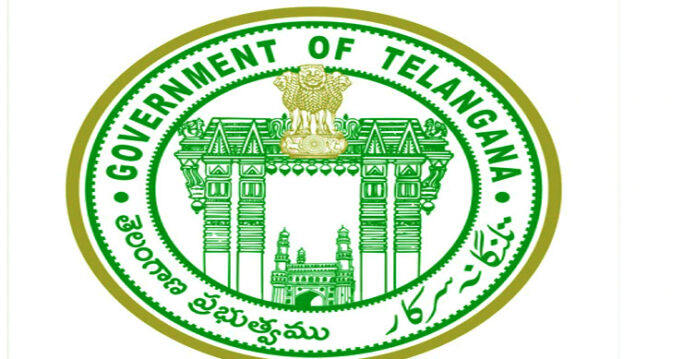A recent research performed in Telangana by the Association for Social and Economic Empowerment of the Marginalized (ASEEM) and Action Aid expressed serious issues about the distribution of funding in the state’s Minority Welfare Department.
According to the findings, a significant percentage of the budget has been spent on populist programs like as the Shaadi Mubarak Scheme, Iftar, and Christmas feasts, while money for initiatives directly assisting the economically disadvantaged has been limited.
The report, which was presented in a state-level consultation on October 22, has generated calls for the Minority Welfare Department’s budget to be designated as a sub-plan, similar to the budgets designated for the SC (Scheduled Caste) and BC (Backward Class) Welfare Departments.
Despite the Sudhir Committee’s creation in 2016 to evaluate the socioeconomic position of Muslims in Telangana, the report reveals that little has changed in the department’s operation over the previous seven to eight years.
At first look, the financial statistics appear optimistic, with a budget utilization rate of 56.6% in 2020-21, 80.43% in 2021-22, and 72.74% in 2022-23. A deeper look, however, reveals a reliance on populist ideas at the expense of initiatives aimed at alleviating poverty and empowering minority populations.
For example, the Pre-Matric Scholarship funding has been reduced from 9.53% in 2018-19 to nil in 2022-23. Budget allocations for projects such as bank-linked subsidies and training and employment have also decreased. Meanwhile, funding for study circle coaching has increased from 25% in 2018-19 to 52% in 2022-23.
ALSO READ: Asaduddin Owaisi’s Plea for Gaza: Calls for a Humanitarian Corridor
One noteworthy feature is the enormous disparity in funding distribution between various welfare ministries. With Muslims accounting for 14.57% of the state’s population and SCs accounting for 17.48%, the analysis reveals a significant disparity in budget allocation for these populations. The South Carolina Welfare Department receives 9.04% of the overall state budget, but the Minority Welfare Department receives just 0.83%.
Several proposals were made by a group of specialists that included Abid Rasool Khan, former chairwoman of the state minority commission, Ayesha Rubina, Prof. KM Ziyauddin of MANUU, and MA Khuddus, among others. These are some examples:
- Granting the Minority Welfare Department sub-plan budget status on par with the SC and BC Welfare Departments.
- Creating state- and district-level monitoring and coordinating bodies with civil society participation.
- Participating at the grassroots level with the community to undertake need assessments during budget formation.
- Providing the Minority Welfare Department with enough facilities and personnel at the state, district, and block levels.
The meeting participants also considered the development of a pressure group comprised of top civil society activists, academics, and religious leaders. The goal of this group would be to guarantee that all agencies under the Minority Welfare Department conduct regular social audits, ensuring openness and accountability.
Because the study raises important concerns concerning the allocation of funding for minority welfare in Telangana, it is hoped that the proposals would result in substantial reforms and a more equitable distribution of resources to empower underprivileged people.
ALSO READ : KCR to resume whirlwind election campaign from Thursday
(This story is sourced from a third-party syndicated feed. Raavi Media takes no responsibility or liability of any nature. Raavi Media management/ythisnews.com can alter or delete the content without notice for any reason.)


